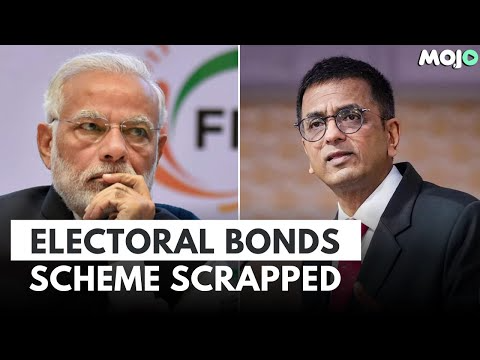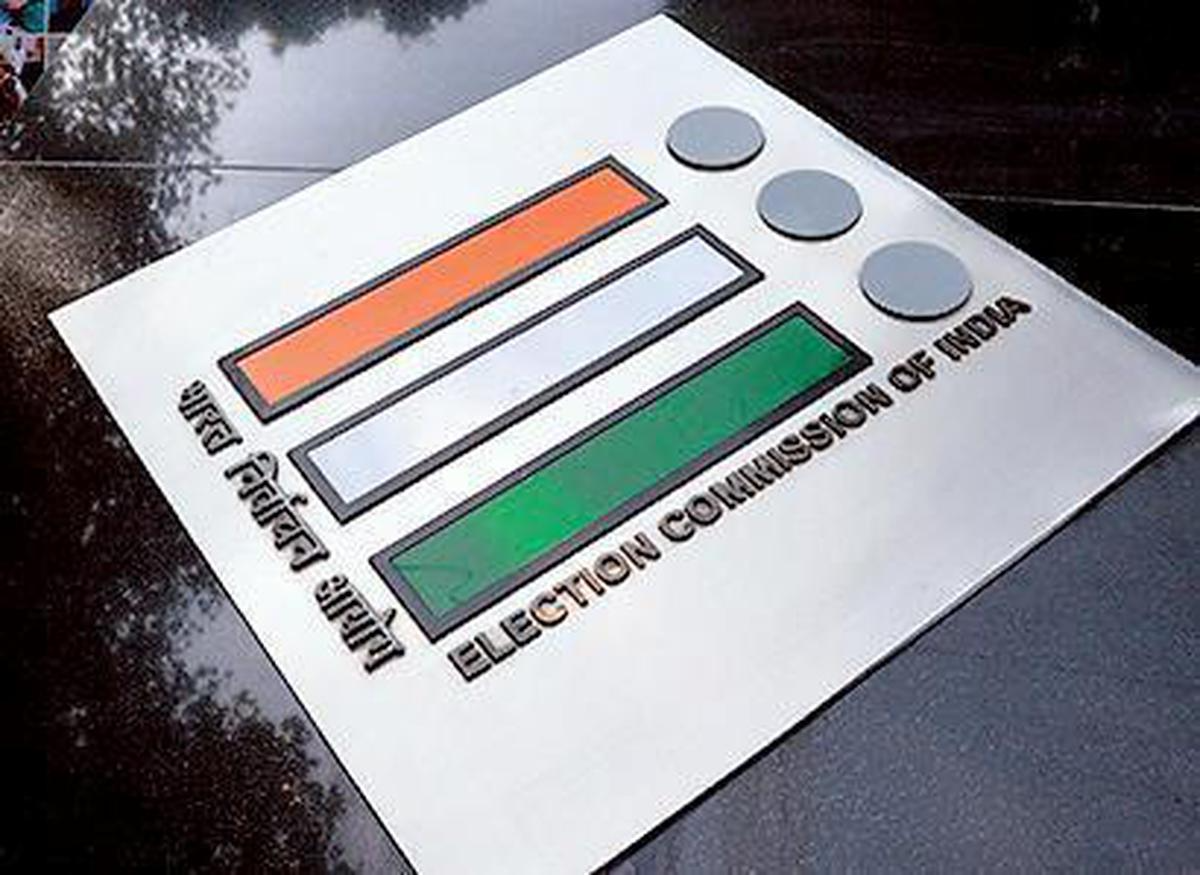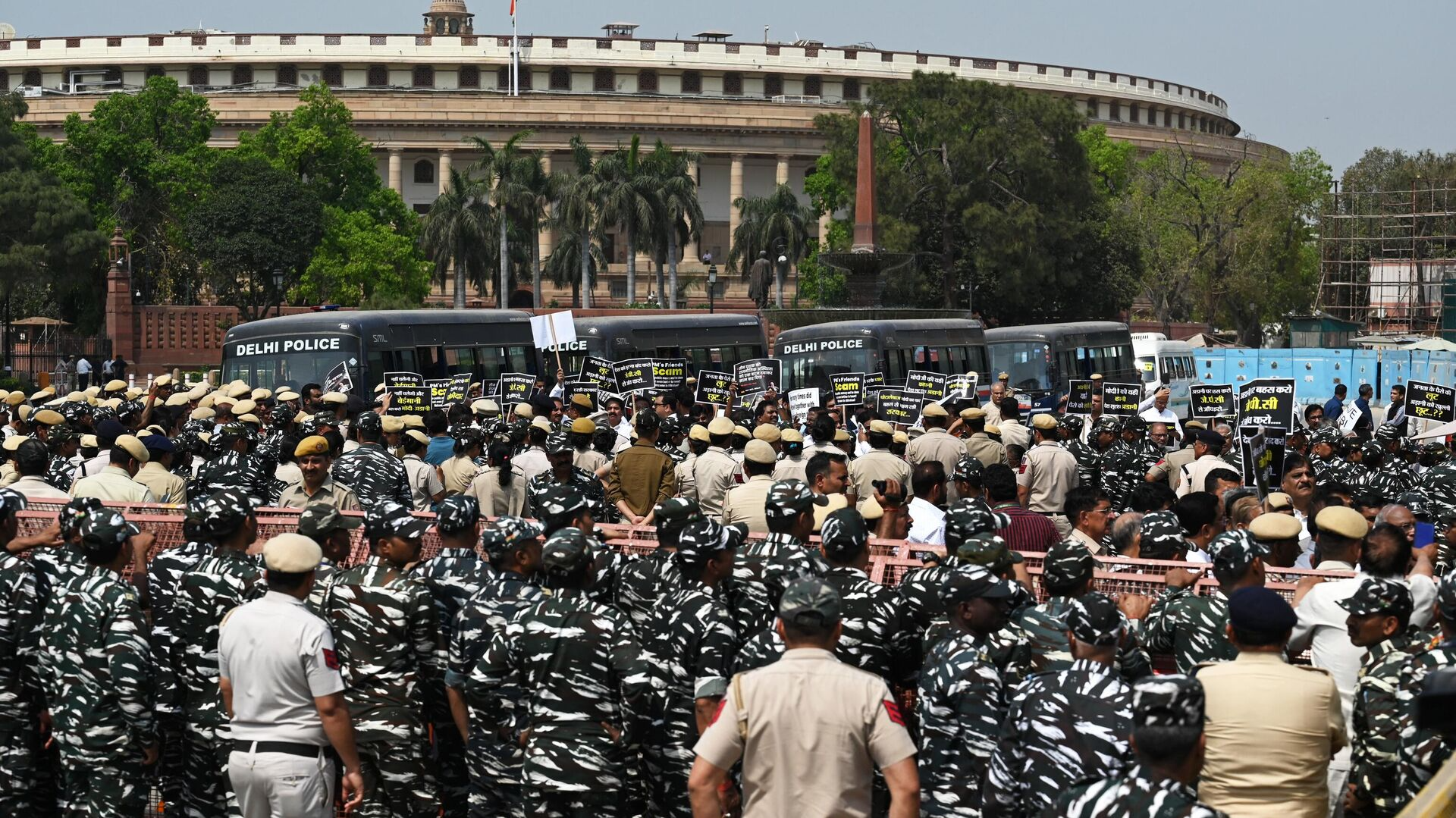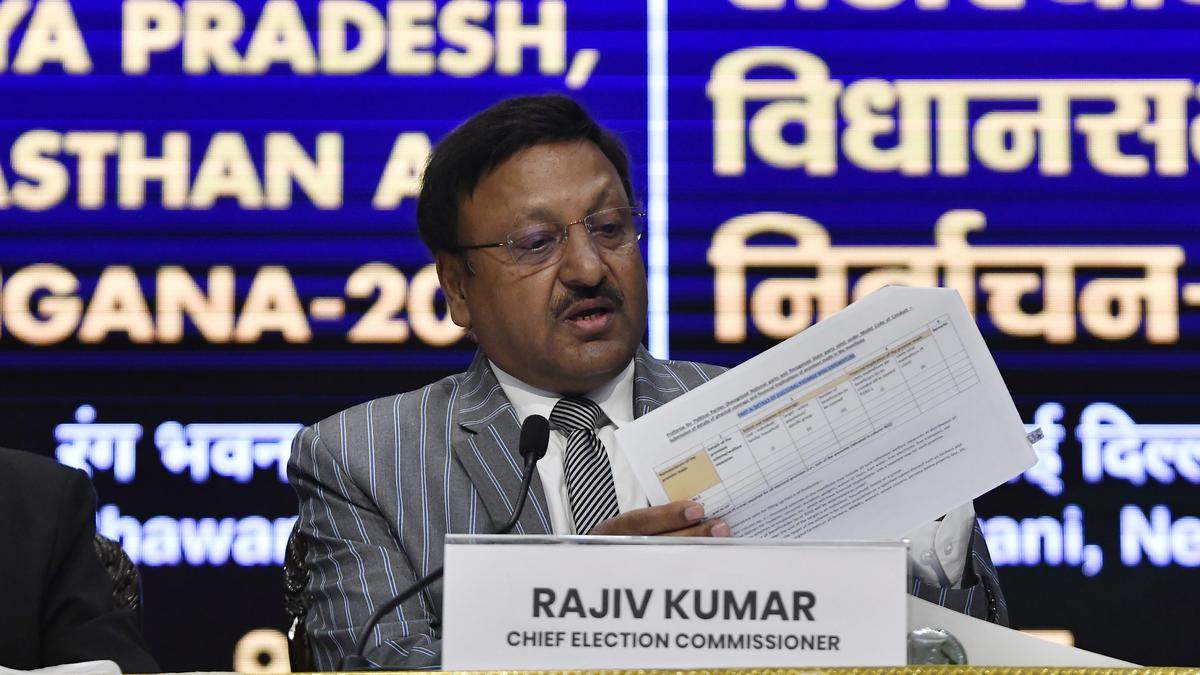Electoral Bonds Scheme Scrapped
Posted On July 11, 2025

Electoral Bonds Scheme Scrapped- A Landmark Ruling Reshapes Political Funding in India
In a seismic shift that has profoundly reshaped the landscape of political funding in India, the Supreme Court, in a landmark verdict delivered on February 15, 2024, unanimously struck down the Electoral Bonds Scheme as unconstitutional. This historic decision, coming just months before the crucial 2024 general elections, dismantled a system that had allowed for anonymous corporate and individual donations to political parties, thereby ushering in a new era of enhanced transparency in electoral finance. The ruling unequivocally upheld the public's fundamental "right to know" about political funding, a cornerstone of a healthy democracy.
The Electoral Bonds Scheme, introduced by the government in the 2017 Union Budget and notified in January 2018, was initially pitched as an alternative to cash donations, aiming to bring greater transparency and curb the flow of black money into political funding. Under the scheme, individuals and corporate entities could purchase these bearer bonds from specified branches of the State Bank of India (SBI) in denominations ranging from ₹1,000 to ₹1 crore. These bonds, resembling promissory notes, could then be donated to eligible political parties, which could encash them within 15 days into their verified bank accounts. The key, and most contentious, feature of the scheme was the anonymity it afforded to the donors; their identities were not disclosed to the public or even to the recipient political parties.
However, from its inception, the scheme faced intense scrutiny and strong opposition from various quarters, including civil society organizations, political parties (excluding the ruling dispensation, which was the largest beneficiary), and even the Election Commission of India (ECI), which had expressed reservations about its impact on transparency. Critics argued that far from enhancing transparency, the scheme effectively shrouded political donations in opacity. They contended that donor anonymity fostered a quid pro quo relationship between corporates and political parties, allowing large sums of money to influence policy decisions without public accountability. Furthermore, the amendments to various acts, including the Companies Act, removed caps on corporate donations, further exacerbating concerns about unlimited corporate influence.
The Supreme Court's verdict was categorical in its condemnation of the scheme. A five-judge Constitution bench, headed by Chief Justice D.Y. Chandrachud, held that the anonymity provided by the electoral bonds violated the voters' fundamental right to information under Article 19(1)(a) of the Constitution. The Court underscored that for a truly informed vote, citizens must have access to information about the sources of political funding, as money can translate into influence over policy-making. The judgment meticulously examined the concept of donor privacy versus the public's right to know, concluding that the right to privacy of political affiliation does not extend to large financial contributions that could potentially be made with the intent of securing benefits in return.
In its detailed reasoning, the Supreme Court also found the amendment to Section 182 of the Companies Act, 2013, which permitted unlimited corporate contributions, to be "manifestly arbitrary." The Court highlighted that treating corporate donations, often driven by business interests, on par with individual citizens' expressions of political support was unreasonable. It reinstated the previous cap on corporate donations (7.5% of the average net profits of the preceding three fiscal years). The Court also rejected the government's argument that the scheme was a "least restrictive means" to curb black money, suggesting that other, more transparent methods, such as the ₹20,000 cap on anonymous cash donations and electoral trusts, already existed.
The immediate aftermath of the Supreme Court's ruling saw directives issued to the State Bank of India (SBI), the sole authorized issuer of these bonds. SBI was ordered to immediately cease issuing electoral bonds and, crucially, to furnish comprehensive details of all bonds purchased and redeemed since April 12, 2019 (the date of the interim order in the case). This data, including the names of the purchasers, the denominations of the bonds, and the political parties that encashed them, was subsequently made public by the Election Commission of India (ECI) on its website. The revelation of this previously hidden financial nexus sparked widespread public debate and media scrutiny, offering an unprecedented look into the sources of political funding.
The scrapping of the Electoral Bonds Scheme is widely seen as a significant victory for transparency and democratic accountability in India. It is expected to usher in greater scrutiny of political funding, potentially curbing quid pro quo arrangements and undue corporate influence. While the political parties are now grappling with alternative transparent funding mechanisms, the judgment has reinforced the judiciary's role as a guardian of fundamental rights and democratic principles. The public release of donor data has already generated substantial discussion about the relationship between corporate entities and political power, setting a new precedent for disclosure in the country's electoral process.
Looking ahead, the challenge now lies in establishing a robust and genuinely transparent framework for political funding. While the Supreme Court's judgment has closed one door, the broader goal of reducing the role of unaccounted money and ensuring a level playing field in elections remains paramount. This may necessitate further legislative reforms that encourage clean donations, reduce election expenditure, and empower regulatory bodies like the ECI to enforce stricter financial oversight. The scrapping of the Electoral Bonds Scheme is not the end but a crucial beginning in India's ongoing journey towards more transparent and equitable democratic financing.
In a seismic shift that has profoundly reshaped the landscape of political funding in India, the Supreme Court, in a landmark verdict delivered on February 15, 2024, unanimously struck down the Electoral Bonds Scheme as unconstitutional. This historic decision, coming just months before the crucial 2024 general elections, dismantled a system that had allowed for anonymous corporate and individual donations to political parties, thereby ushering in a new era of enhanced transparency in electoral finance. The ruling unequivocally upheld the public's fundamental "right to know" about political funding, a cornerstone of a healthy democracy.
The Electoral Bonds Scheme, introduced by the government in the 2017 Union Budget and notified in January 2018, was initially pitched as an alternative to cash donations, aiming to bring greater transparency and curb the flow of black money into political funding. Under the scheme, individuals and corporate entities could purchase these bearer bonds from specified branches of the State Bank of India (SBI) in denominations ranging from ₹1,000 to ₹1 crore. These bonds, resembling promissory notes, could then be donated to eligible political parties, which could encash them within 15 days into their verified bank accounts. The key, and most contentious, feature of the scheme was the anonymity it afforded to the donors; their identities were not disclosed to the public or even to the recipient political parties.
However, from its inception, the scheme faced intense scrutiny and strong opposition from various quarters, including civil society organizations, political parties (excluding the ruling dispensation, which was the largest beneficiary), and even the Election Commission of India (ECI), which had expressed reservations about its impact on transparency. Critics argued that far from enhancing transparency, the scheme effectively shrouded political donations in opacity. They contended that donor anonymity fostered a quid pro quo relationship between corporates and political parties, allowing large sums of money to influence policy decisions without public accountability. Furthermore, the amendments to various acts, including the Companies Act, removed caps on corporate donations, further exacerbating concerns about unlimited corporate influence.
The Supreme Court's verdict was categorical in its condemnation of the scheme. A five-judge Constitution bench, headed by Chief Justice D.Y. Chandrachud, held that the anonymity provided by the electoral bonds violated the voters' fundamental right to information under Article 19(1)(a) of the Constitution. The Court underscored that for a truly informed vote, citizens must have access to information about the sources of political funding, as money can translate into influence over policy-making. The judgment meticulously examined the concept of donor privacy versus the public's right to know, concluding that the right to privacy of political affiliation does not extend to large financial contributions that could potentially be made with the intent of securing benefits in return.
In its detailed reasoning, the Supreme Court also found the amendment to Section 182 of the Companies Act, 2013, which permitted unlimited corporate contributions, to be "manifestly arbitrary." The Court highlighted that treating corporate donations, often driven by business interests, on par with individual citizens' expressions of political support was unreasonable. It reinstated the previous cap on corporate donations (7.5% of the average net profits of the preceding three fiscal years). The Court also rejected the government's argument that the scheme was a "least restrictive means" to curb black money, suggesting that other, more transparent methods, such as the ₹20,000 cap on anonymous cash donations and electoral trusts, already existed.
The immediate aftermath of the Supreme Court's ruling saw directives issued to the State Bank of India (SBI), the sole authorized issuer of these bonds. SBI was ordered to immediately cease issuing electoral bonds and, crucially, to furnish comprehensive details of all bonds purchased and redeemed since April 12, 2019 (the date of the interim order in the case). This data, including the names of the purchasers, the denominations of the bonds, and the political parties that encashed them, was subsequently made public by the Election Commission of India (ECI) on its website. The revelation of this previously hidden financial nexus sparked widespread public debate and media scrutiny, offering an unprecedented look into the sources of political funding.
The scrapping of the Electoral Bonds Scheme is widely seen as a significant victory for transparency and democratic accountability in India. It is expected to usher in greater scrutiny of political funding, potentially curbing quid pro quo arrangements and undue corporate influence. While the political parties are now grappling with alternative transparent funding mechanisms, the judgment has reinforced the judiciary's role as a guardian of fundamental rights and democratic principles. The public release of donor data has already generated substantial discussion about the relationship between corporate entities and political power, setting a new precedent for disclosure in the country's electoral process.
Looking ahead, the challenge now lies in establishing a robust and genuinely transparent framework for political funding. While the Supreme Court's judgment has closed one door, the broader goal of reducing the role of unaccounted money and ensuring a level playing field in elections remains paramount. This may necessitate further legislative reforms that encourage clean donations, reduce election expenditure, and empower regulatory bodies like the ECI to enforce stricter financial oversight. The scrapping of the Electoral Bonds Scheme is not the end but a crucial beginning in India's ongoing journey towards more transparent and equitable democratic financing.








